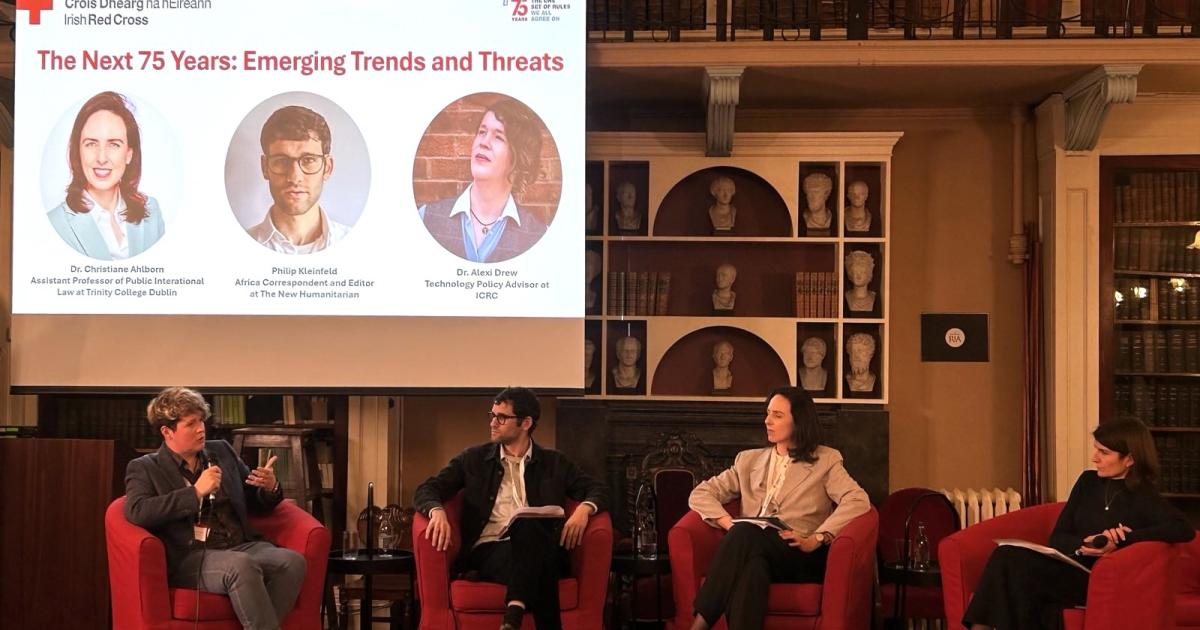Scientists have called for people to go “urban mining” after a study revealed that old cables, phone chargers and other unused electrical goods thrown away or stored in cupboards or drawers could stave off a looming shortage of copper.
The research found that in the UK there are approximately 823m unused or broken tech items hiding in “drawers of doom” containing as much as 38,449 tonnes of copper – including 627m cables – enough to provide 30% of the copper needed for the UK’s planned transition to a decarbonised electricity grid by 2030.
Copper is essential in the drive to decarbonise the economy – being a crucial element of solar and wind developments as well as electric cars.
The study found that unused electrical goods could contain as much as £266m worth of copper. Scott Butler, from Recycle Your Electricals, which produced the study, called on the public to start recycling their unwanted electrical goods.
“We need to start ‘urban mining’ and help protect the planet and nature from the harmful impacts of mining for raw materials and instead value and use what we have already.”
Butler added that people often do not realise that cables and electricals contain valuable materials. “If binned or stashed, we lose everything inside them.”
The group is now urging everyone to check its “recycling locator” for their nearest facility.
“Anything with a plug, battery or cable can be reused and recycled and there’s somewhere near you to do it.”
Experts say copper production is outstripping demand – driven in part by sustainable energy projects and electric cars – and the mining process can have devastating environmental and social consequences.
An analysis by Bloomberg Intelligence found that better recycling of electrical goods could help meet that additional demand.
Grant Sporre, senior analyst at Bloomberg Intelligence, said the world was facing severe shortages of copper within the next five to 10 years.
“The building of renewable power generation in the form of wind and solar farms, and the switch from petrol and diesel cars to electric, could keep copper demand growing at 2.5 to 3% per annum … Better recycling practices and efficiencies will be needed to close this gap.”
Cables represent one of the UK’s biggest e-waste challenges, according to the research, with UK households throwing away or holding on to an average of 23 cables. Research by the Critical Minerals Association has identified that they contain at least 20% copper – meaning that across all UK households, cables alone could contribute 3,251 tonnes of metal.
The Royal Society of Chemistry [RSC] has calculated 347,000 tonnes of copper would be needed to build the required number of wind turbines and solar panels by 2030.
“The UK needs to wake up to just how important copper is in achieving our greener future,” said Izzi Monk, RSC policy adviser for the environment. “We are potentially facing imminent and substantial supply concerns where we won’t be able to meet the global demand for this vital material. That’s why we’re calling for government to commit to a strategic, joined-up approach to materials that considers these supply risks.”

 By The Guardian (World News) | Created at 2024-10-08 05:15:17 | Updated at 2024-10-08 10:33:08
5 hours ago
By The Guardian (World News) | Created at 2024-10-08 05:15:17 | Updated at 2024-10-08 10:33:08
5 hours ago


